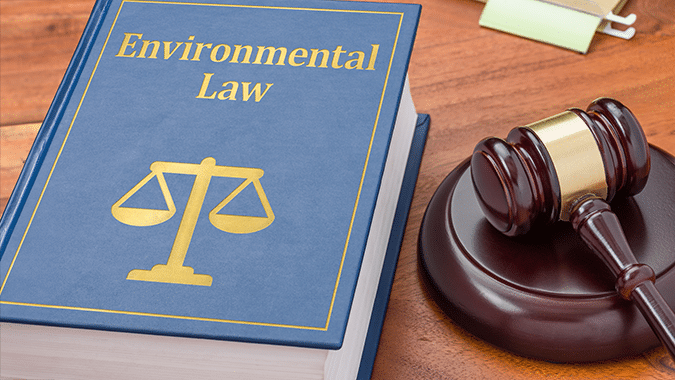NJBIA is asking the state Department of Environmental Protection to revisit its proposed changes to the Discharge, Prevention, Containment and Countermeasure (DPCC) regulations, arguing some amendments are unnecessary, overly burdensome and will create confusion.
In a July 18 letter to DEP, NJBIA Deputy Chief Government Affairs Officer Ray Cantor said New Jersey’s business community shares the state’s interest in ensuring that major facilities are operated properly and safely.
“At the same time, we are always cautious to ensure that the Department, or any other governmental agency, does not impose regulatory requirements that are not necessary, duplicative or that impose undue burdens and costs on the regulated community,” Cantor said.
For example, in Appendix A of DEP’s proposed rules, 263 new chemical substances have been added to the existing list of hazardous substances, and changes have been made to the requirements for the submission, approval, renewal and certification of DCCP plans, including how often they must be submitted to DEP, Cantor said.
“Appendix A already includes 1,700 substances, an extraordinarily long and comprehensive list of chemicals to cover by such a complex and detailed regulation,” Cantor wrote.
“Of the 263 additional substances, 159 are perfluorinated alkyl substances (PFAS) and as contemplated by the rule, would be defaulted to the list because they have been added to Environmental Protection Agency’s list of reportable substances under Toxic Release Inventory (TRI) regulations,” he wrote.
“But the purpose and intent behind TRI regulations is not the same as New Jersey’s DPCC/DCR regulations,” Cantor said. “The TRI is a publicly available database containing information characterizing possible releases of toxic substances. Data used to quantify releases reported to TRI are often speculative or inaccurate.”
Cantor noted that DEP’s DPCC regulations require highly specific, detailed information about each regulated substance’s chemical hazards, toxicity, environmental fate and transport physical and chemical properties and other considerations.
“Such information simply does not exist for the vast majority of the 263 additional substances, including the 159 PFAS substances,” Cantor said. “Absent this information, the Department does not have an appropriate basis for listing these additional substances.
“NJBIA recommends the Department reevaluate the list of additional substances, and list only those for which detailed chemical hazard, toxicity, physical/chemical property, and environmental fate and transport data exist and are widely available,” he said.
NJBIA also took issue with the climate resiliency plan requirements contained in the proposed rules. While it is appropriate for DEP to require facilities to be prepared for extreme weather events with high winds and flooding, such as hurricanes and nor’easters, it is confusing to mandate that major facilities plan for “the effects of climate change” and detail their mitigation measures for speculative sea level rise (SLR) scenarios that extend to the year 2100, he said.
“Since DPCC plans will be renewed every five years ... what is to be gained from having plans predict and plan for SLR over the next 75 years?” Cantor asked.
“Having plans in place now to plan for what may or may not happen 75 years from now, especially since those plans are continually submitted and updated is nonsensical,” he said. “This requirement will only make work for engineers and planners, make New Jersey a more expensive place to do business, and serve absolutely no benefit to the people of the state.”
Cantor also urged DEP to create a “de minimis exception” regarding the size of a storage container for the purpose of DPCC regulations.
“The rule is silent with respect to how small a container must be, and the omission creates considerable regulatory uncertainty,” Cantor said. “Does the rule extend to a 55-gallon drum, a gallon container, a quart jar?”
Cantor noted it was unlikely that a spill from a quart or gallon container would pose a risk of the sort that the DPCC program seeks to regulate.
To read the entire NJBIA letter to the DEP, go here.




